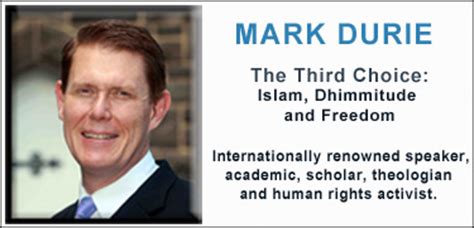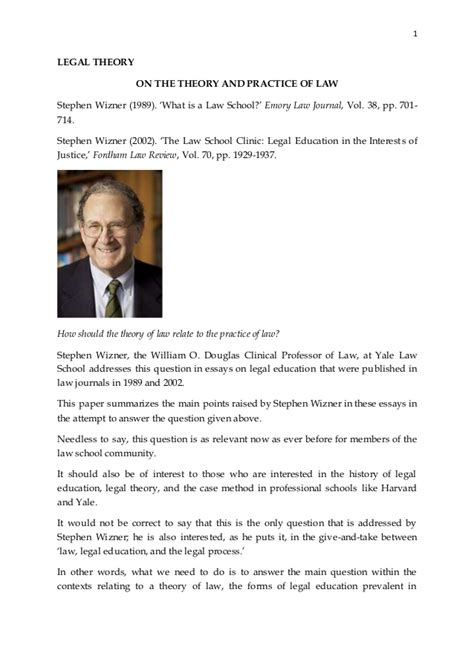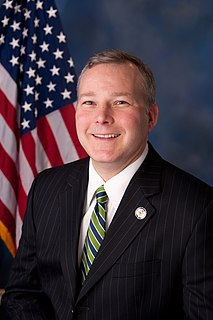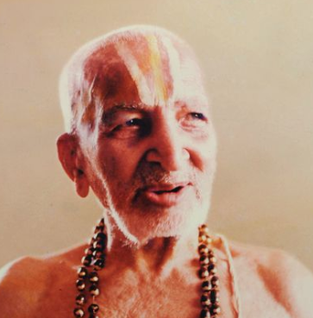A Quote by G. I. Gurdjieff
The first fundamental law of the universe is the law of three forces, of three principles, or , as it is often called, the law of three. According to this law every action, every phenomenon in all worlds without exception, is the result of a simultaneous action of three forces- the positive, the negative, and the neutralizing.
Related Quotes
There are three foundational issues or three divisions that I should say that Sharia fits into, one is penal law of course and that is what gets all the attention, there's two countries in the world right now that actually have a Federal mandate to enact penal law according to the Sharia, that's Saudi Arabia, and Iran.
Three principles - the conformability of nature to herself, the applicability of the criterion of simplicity, and the utility of certain parts of mathematics in describing physical reality - are thus consequences of the underlying law of the elementary particles and their interactions. Those three principles need not be assumed as separate metaphysical postulates. Instead, they are emergent properties of the fundamental laws of physics.
Educating Lawyers succeeds admirably in describing the educational programs at virtually every American law school. The call for the integration of the three apprenticeships seems to me exactly what is needed to make legal education more professional, to prepare law students better for the practice of law, and to address societal expectations of lawyers.
I'm not called Jude Law, I have three names; I'm called 'Hunk Jude Law' or 'Heartthrob Jude Law'. In England anyway, that's my full name. That's the cheap language that's thrown around, that sums you up in one little bracket. It doesn't look at your life. But if one looks beyond, there is actually a little bit more.
The moral and political principles that govern men are derived from three sources: revelation, natural law, and the artificial conventions of society. With regard to its main purpose, there is no comparison between the first and the others; but all three are alike in that they all lead towards happiness in this mortal life.



































